Opposition to the arms trade and the war many believed it had created was difficult for ordinary people. Civilian industries contracted so many were compelled by economic necessity into armaments factories and other war-work. The Munitions of War Act (1915) suspended trade union rights, and made strikes or quitting a job without employer permission illegal. Strikes were commonplace, but mainly concerned shop-floor issues. In Glasgow, the most concentrated munitions centre, workers protested profiteering and dilution by withholding labour. They were supported by socialists like Helen Crawfurd, James Maxton and John Maclean; all explicitly opposed to militarism. In London, Sylvia Pankhurst exposed poor conditions and sharp practices in the Workers’ Dreadnought, and was threatened with libel by a private arms firm. The Defence of the Realm Act was another piece of emergency legislation, granting the government sweeping powers to censor and punish critics like E.D. Morel.
In 1915, ‘peacettes’ braved mine-strewn seas to attend the first International Women’s Peace Congress. The Women's International League for Peace and Freedom, born from this Congress, lobbied for disarmament in the inter-war era (Feminists take on the World Disarmament Conference) and are still going strong today. North Wales women were especially active, rallying 2000 women on an epic peace pilgrimage. From 1921 the absolute pacifist No More War Movement (precursor to the Peace Pledge Union), pushed for Britain to lead by example and disarm completely.
Perhaps the most impressive direct action against the arms trade was spearheaded by the Hands off Russia! movement. London Dockers boycotted the SS Jolly George in 1920, which prevented weapons being shipped to anti-Bolshevik forces.
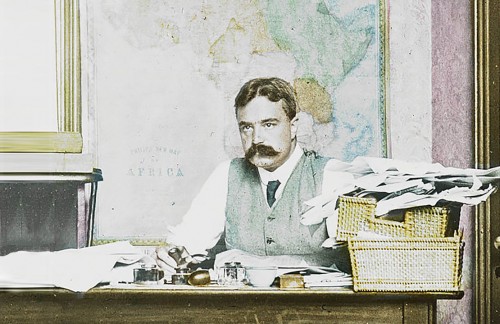
‘The monster of militarism had mastered the diplomats,’ intones the policy pamphlet of the Union of Democratic Control (UDC) whose Secretary, Edmund Dene Morel, was severely disciplined for his anti-arms trade views.
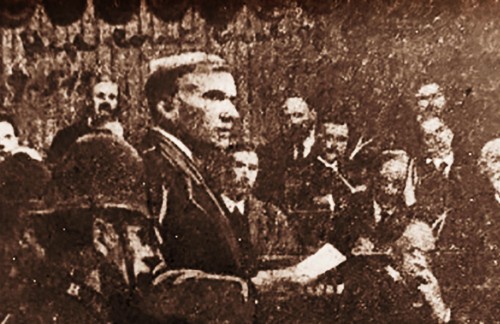
‘I am not here, then, as the accused; I am here as the accuser of capitalism dripping with blood from head to foot,’ thundered John Maclean in his famous speech from the dock, in 1918. Acting as his own counsel, Maclean launched a Marxist indictment of the arms trade and the ...
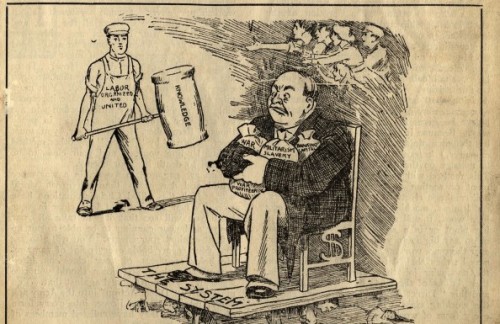
In 1910, Keir Hardie, Scottish leader of the Independent Labour Party (established in 1893) urged a general strike, and especially strikes in the arms and transport industries, should war be declared.
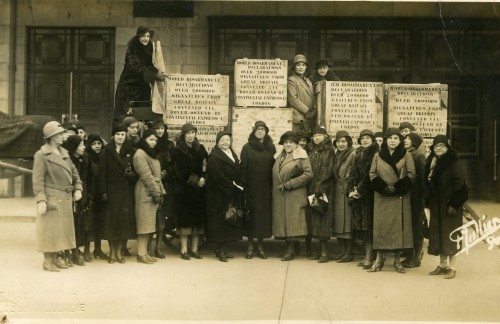
In preparation for the conference that was to pose a great threat to its existence, the Women’s International League for Peace and Freedom (WILPF) gathered the signatures of six million anti-war individuals.
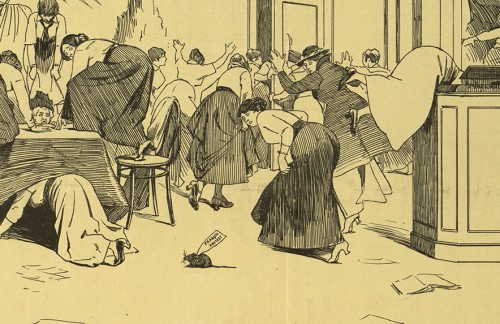
‘Everyone is speaking of war as if it were a dispensation from the Almighty, something like measles, that we cannot avoid,’ declaimed a member of the International Woman Suffrage Alliance (IWSA) in 1914.
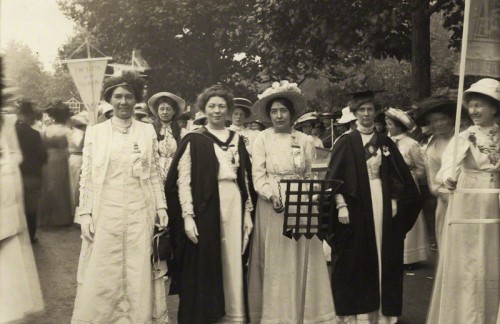
Sylvia Pankhurst - artist, activist, publisher - fought tirelessly against militarism and inequality, particularly in the East End of London.
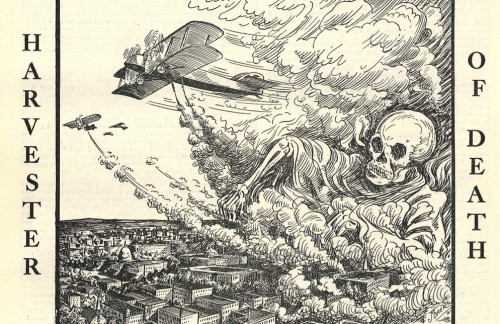
‘When everything goes wrong, I almost prefer it to a smooth passage,’ wrote activist and Liberal MP Arthur Ponsonby, a sombre man with a high forehead. Just as well, for the late 1920s and early 1930s were a bumpy ride.
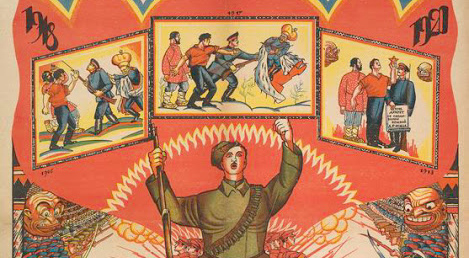
Hands off Russia! emerged in 1919 to organise opposition to British intervention on the side of the White armies in the Russian Civil War, following the Bolshevik revolution of 1917.
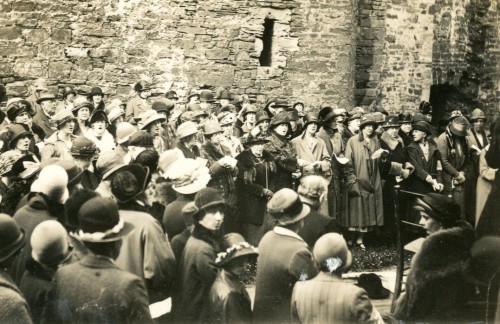
Many women in North Wales were active in campaigns for peace and disarmament in the late 1920s and early 1930s, whether by marching across the country in the Peacemakers’ Pilgrimage or collecting tens of thousands of signatures for the Disarmament Declaration. Discover more thr...